Pillars Programs of Conservation
Reinforcement of Endangered Species for Reintroduction
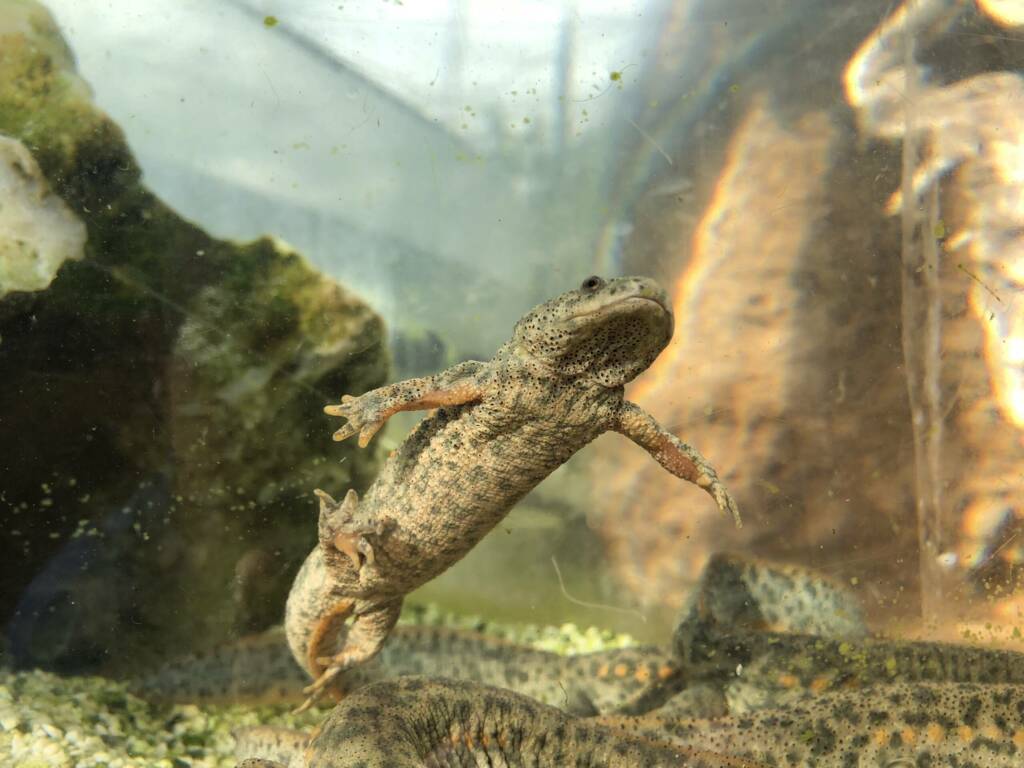
Breeding species in controlled environments is a fundamental tool that helps to repopulate habitats
This program aims to recover threatened species in highly controlled environments, with the purpose of introducing them to their natural habitat and helping to repopulate them.
The facilities of the Oceanogràfic, and the extensive experience in animal care, provide a unique opportunity for the breeding and maintenance of species whose populations are decreasing or in danger of disappearing.
Program coordinators: José Luis Crespo, Pablo García and Andrea Spinelli
Lines
-
Head-starting program in sea turtles
Sea turtles face high mortality rates in the early stages of their development, mainly after the eggs hatch.
In recent years, an increase in nesting of Caretta caretta turtles has been observed on the coasts of the Spanish Mediterranean. One hypothesis for this unusual phenomenon could be linked to the increase in temperatures on the beaches of the eastern Mediterranean, which would be driving a colonization of new areas by the turtles.
To address this situation, the head-starting project has been launched, which seeks to ensure the development of sea turtle embryos with artificial incubation in the facilities of the ARCA del Mar.
The objective of the project is for the offspring to acquire the size, weight, and skills necessary during the first year of life to increase their survival when entering the sea, thus avoiding many of their natural predators.
It should be noted that the ARCA del Mar not only receives neonates from nests in the Valencian Community, but individuals from other regions such as the Balearic Islands or Murcia have also been maintained and raised, making it a center of reference for their conservation.
The experiences carried out so far allow for great optimism, because the survival rates of these animals when entering the sea are around 90%, which means a success for the conservation of the species, given that it is estimated that, under natural conditions, only one turtle out of every thousand that are born survives its entry into the sea.
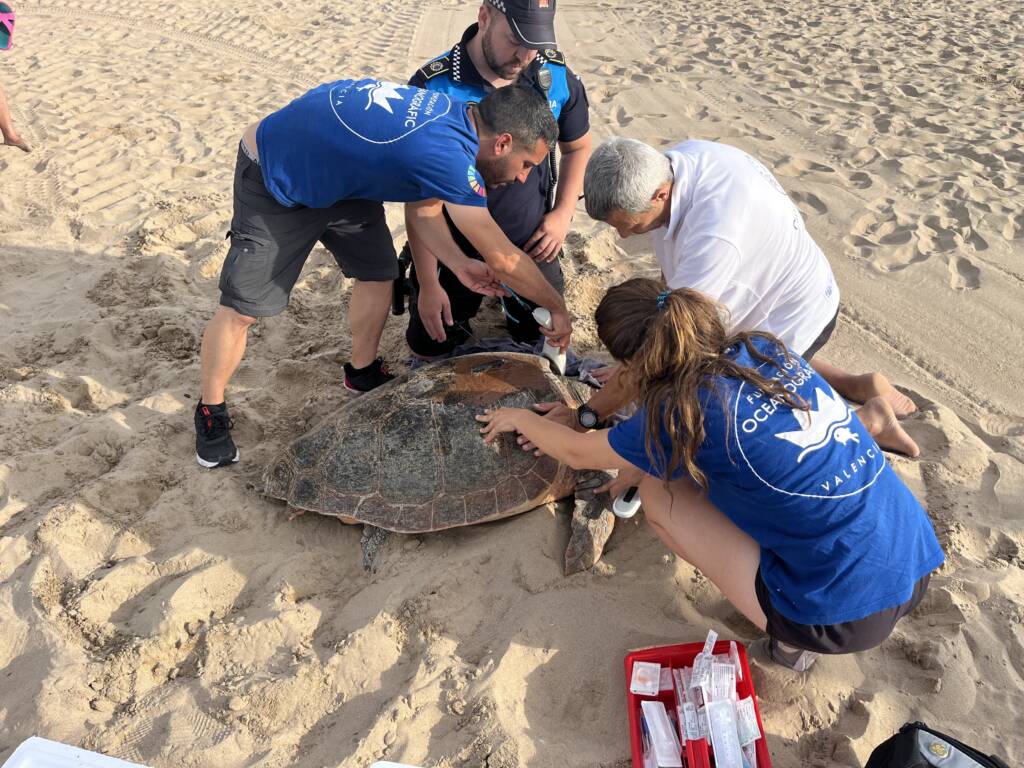
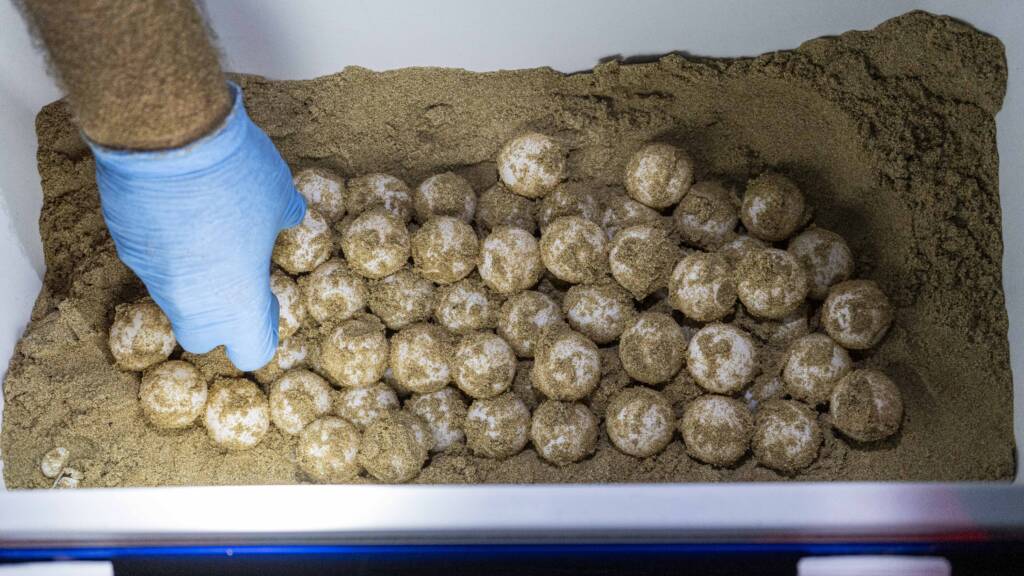
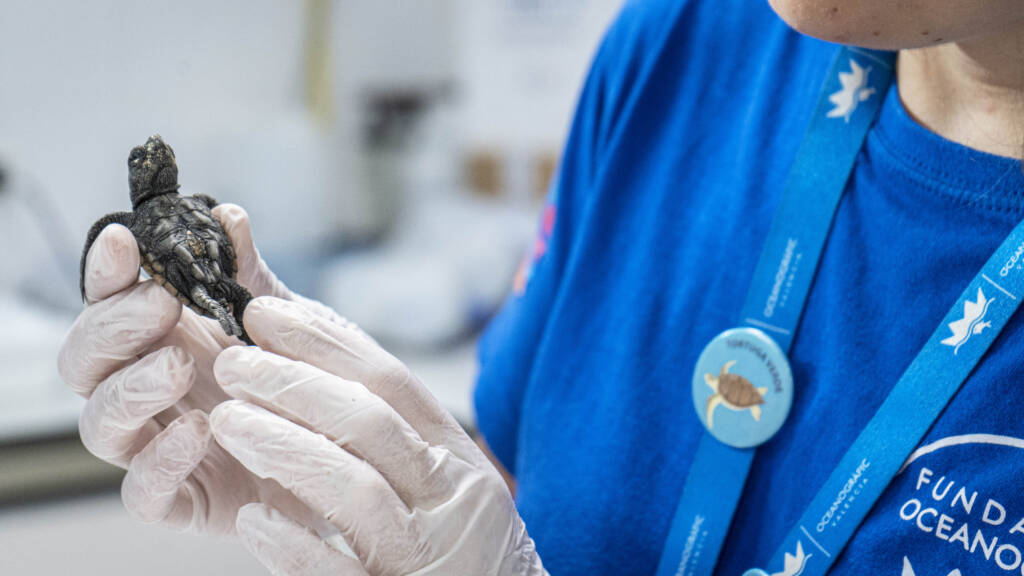
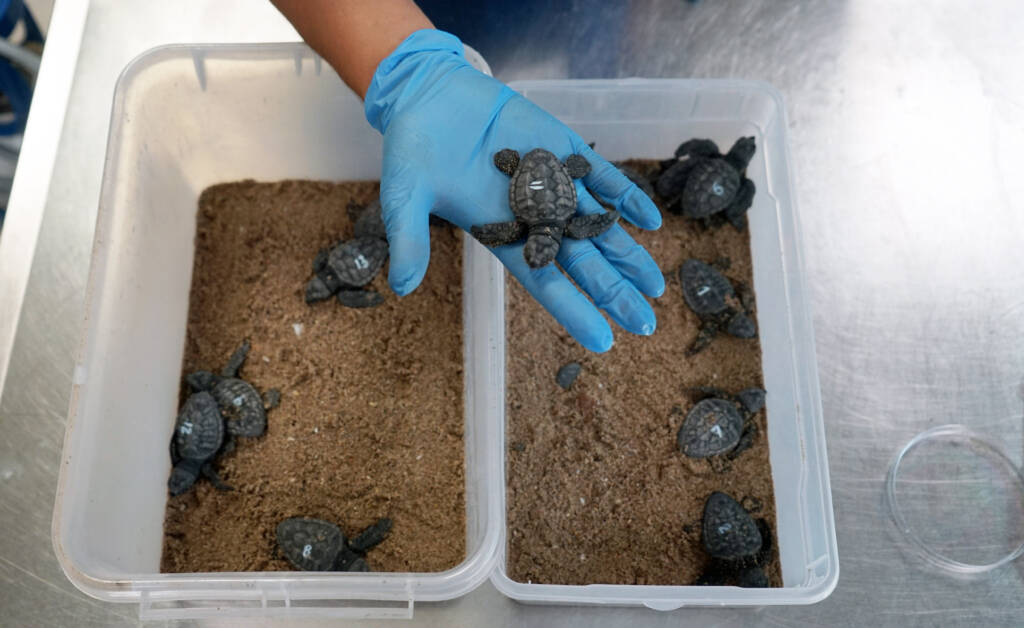
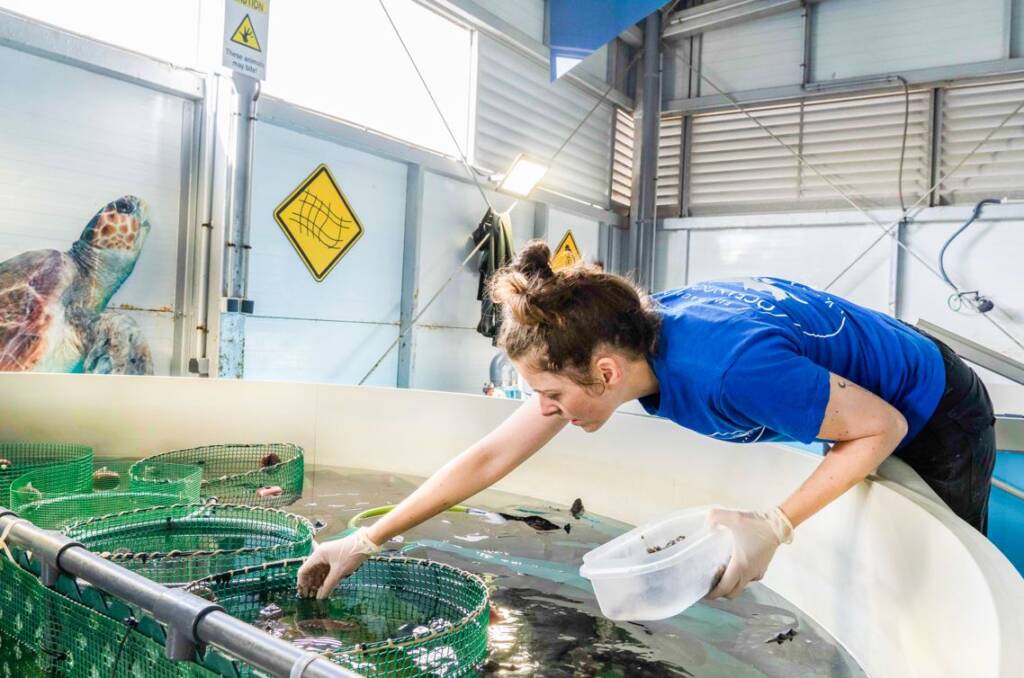
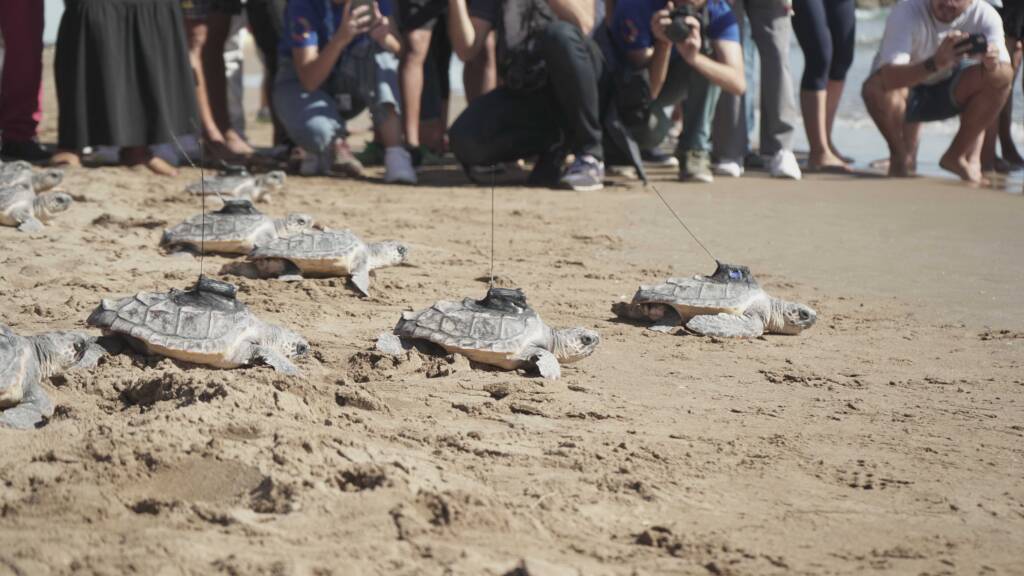
-
Breeding in a controlled environment of vulnerable local species
Similar to the head-starting project for sea turtles, breeding vulnerable local species in controlled centers seeks to increase survival after the eggs hatch.
In this way, it helps to reduce the high rate of predation by reintroducing the offspring to their natural environment when they have reached an adequate size.
The Oceanogràfic Foundation works with the following vulnerable species:
Mediterranean turtle (Testudo hermanii)
European pond turtle (Emys orbicularis)
Iberian ribbed newt (Pleurodeles waltl)
Samaruc (Valencia hispanica)
Loina (Parachondrostoma arrigonis)
Petxinot (Anodonta anatina and Unio mancus)
Sea urchin (Paracentrotus lividus)
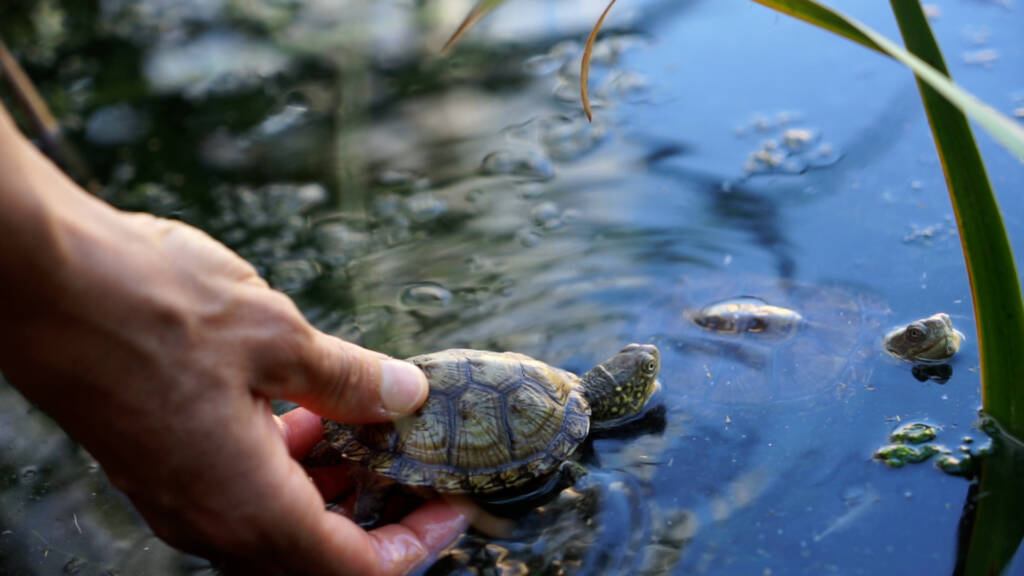
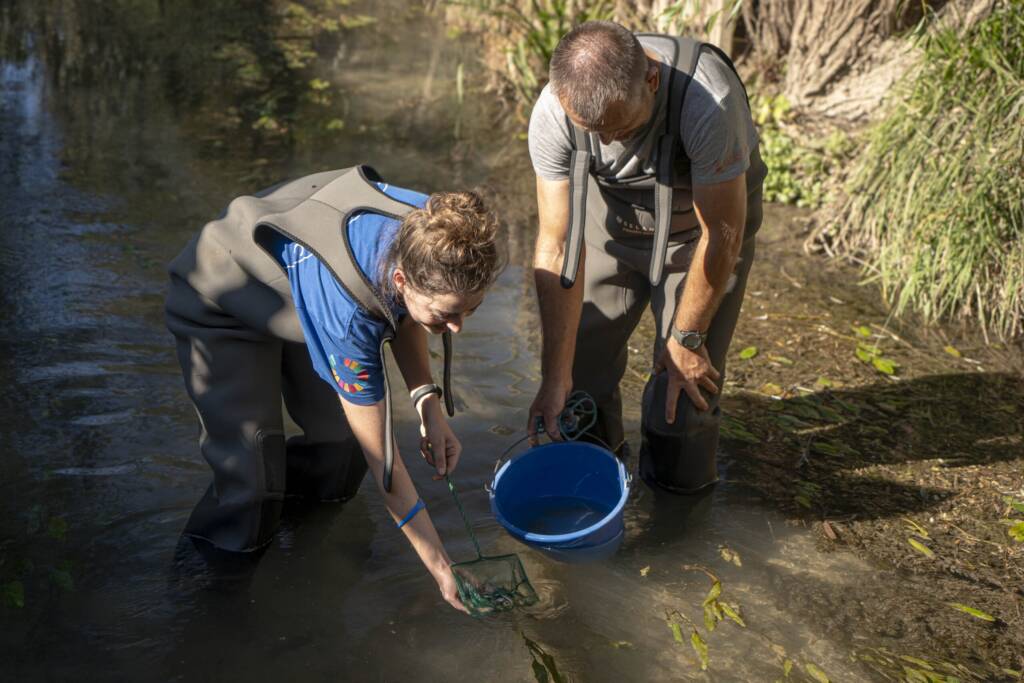
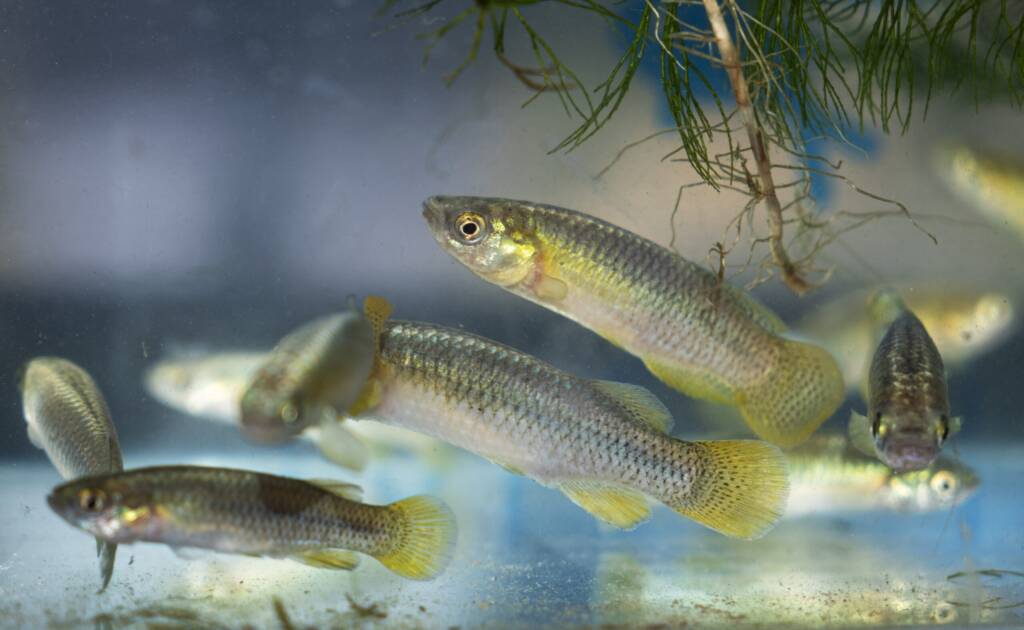
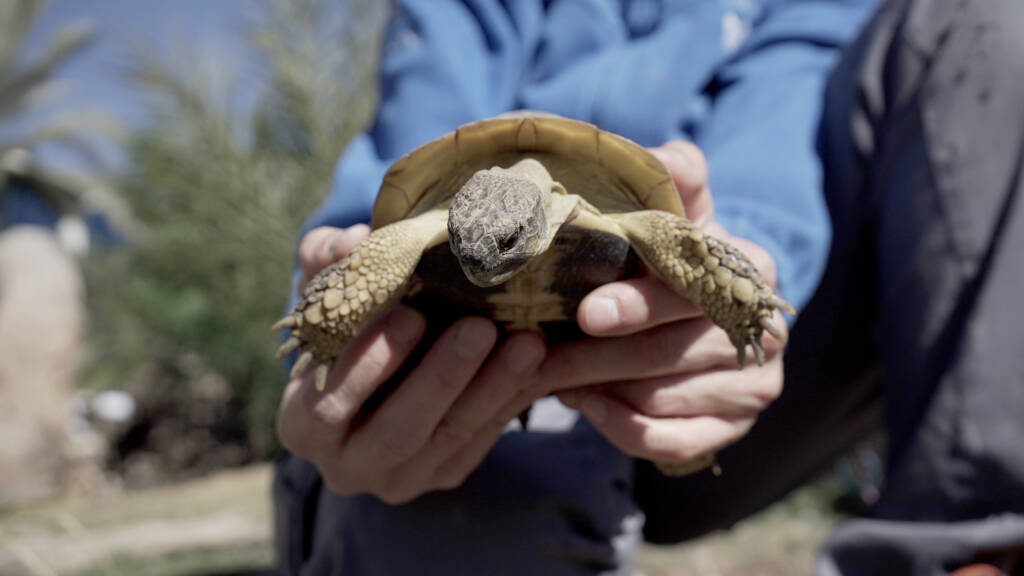
-
Satellite tracking of nesting turtles
The monitoring of nesting turtles seeks to collect information about their behavior during the breeding season.
For this, satellite devices are used that are placed on the turtles during nesting. These transmitters also allow close monitoring of their route and identification of possible additional layings.
This is essential information for scientists, as it helps to improve the detection of new nesting sites in order to protect the nests and eggs of the turtles.
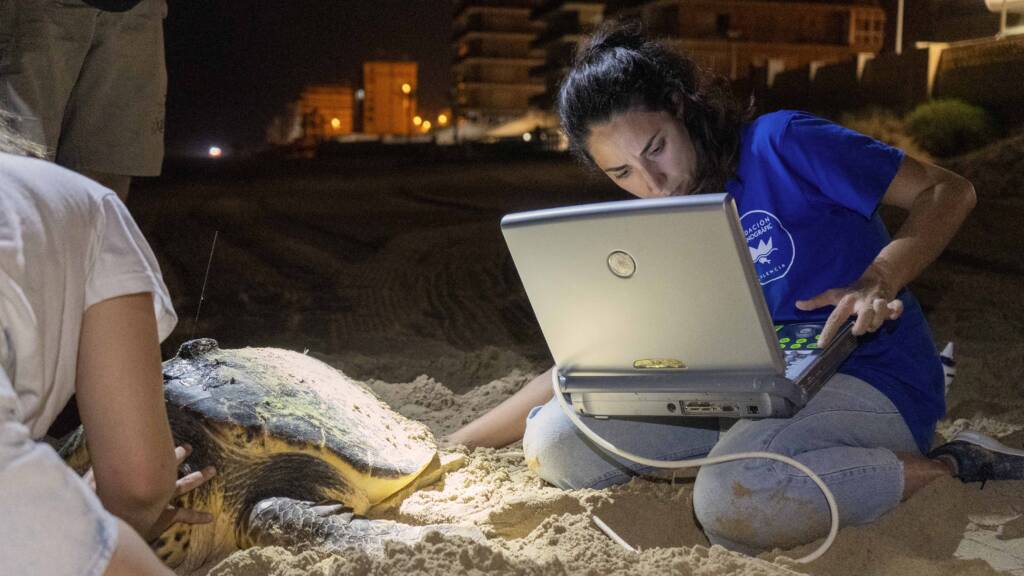
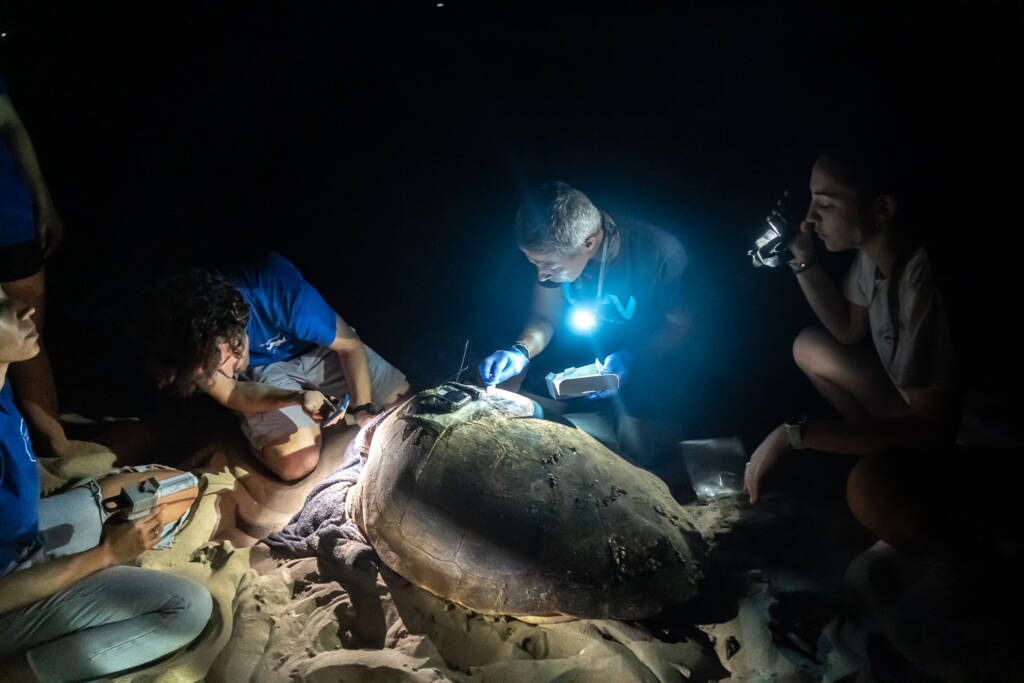
-
Recovery of shark eggs obtained from discarded fishing
La captura accidental de hembras de tiburón en estado de gestación provoca que terminen en puerto junto a los huevos que llevan en su interior.
Este proyecto, en el que la colaboración del sector pesquero es fundamental, tiene como objetivo aprovechar los huevos fertilizados y trasladarlos a las instalaciones del Oceanogràfic para fomentar su desarrollo hasta su eclosión.
Tras su nacimiento, las crías permanecen en el Oceanogràfic hasta que alcanzan un tamaño adecuado para ser devueltas al medio natural.
Esta línea de acción permite a los científicos e investigadores ampliar el conocimiento sobre el desarrollo y las primeras etapas de vida de ciertas especies de tiburones.
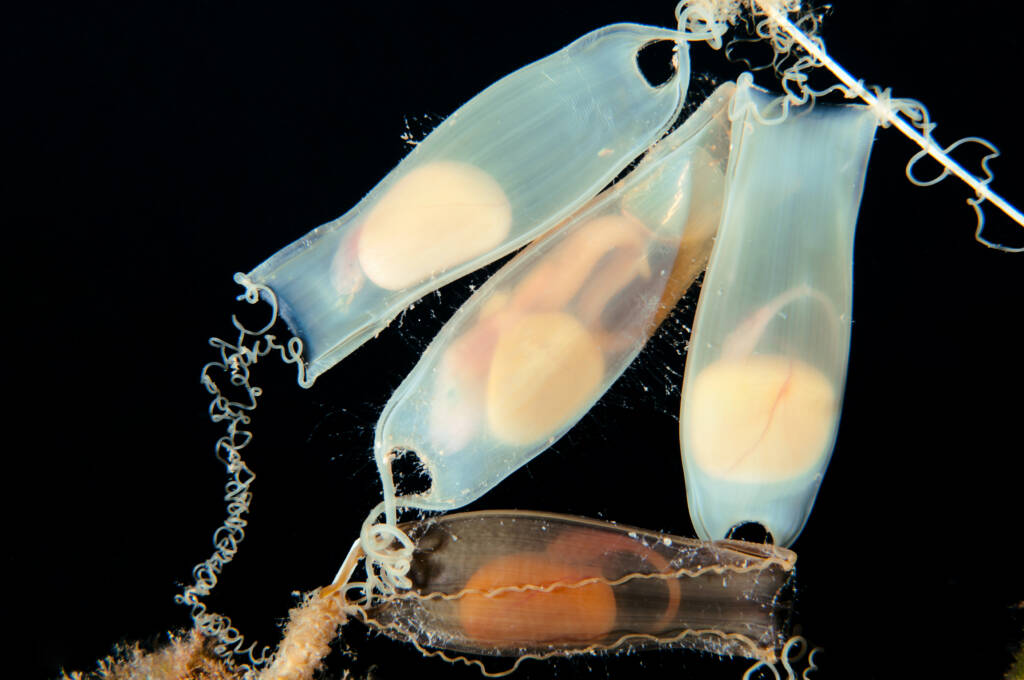
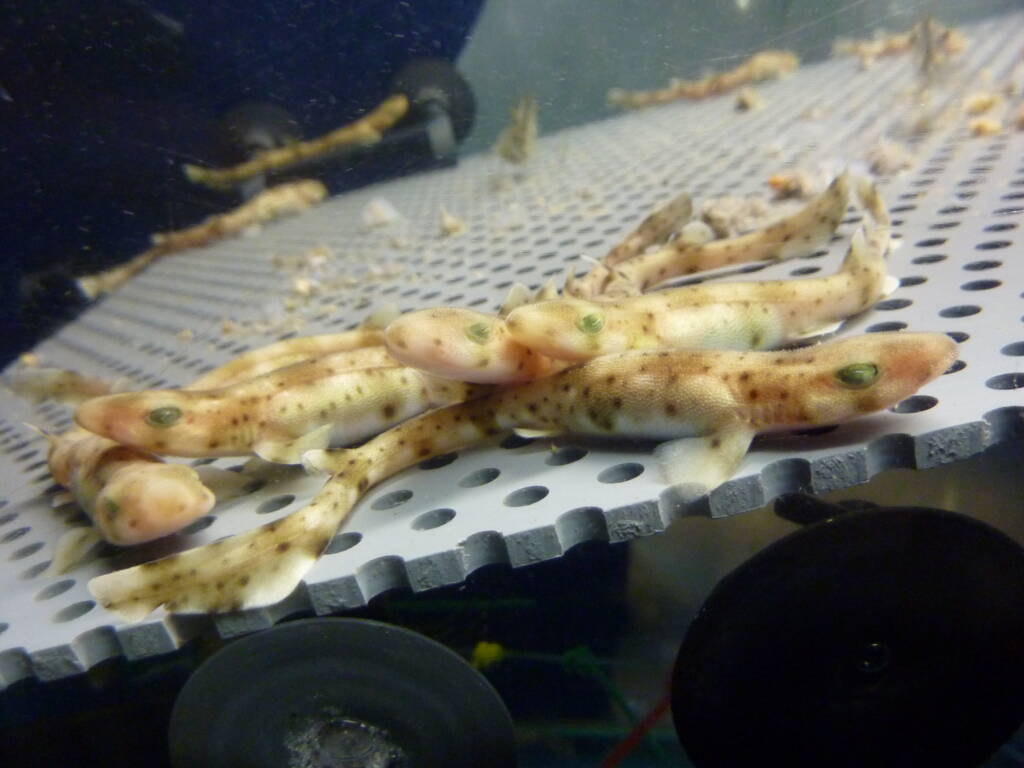
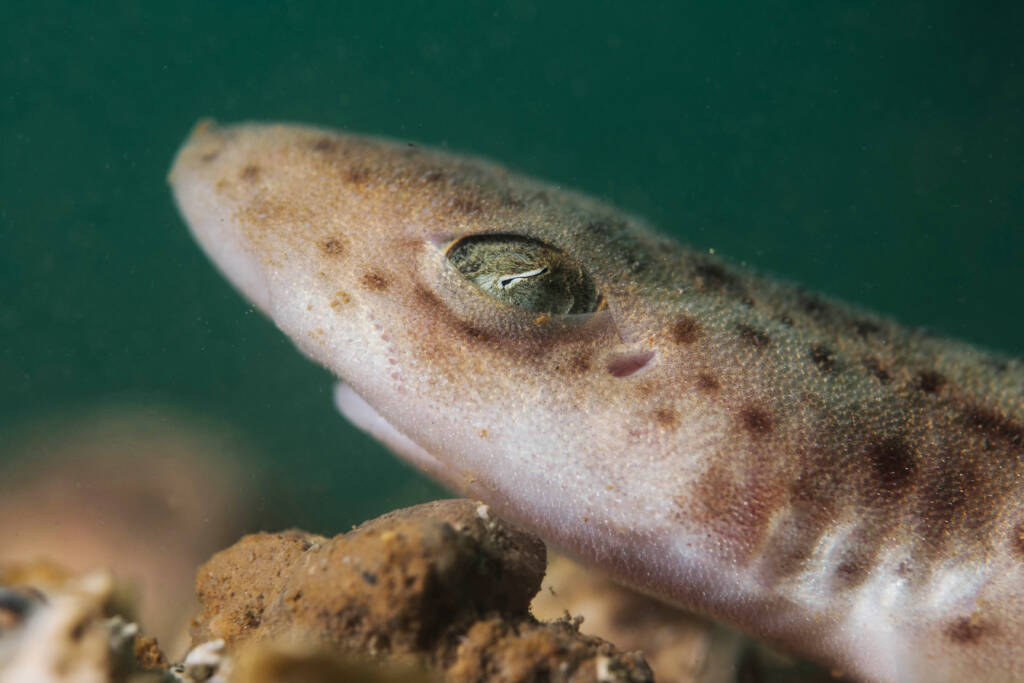
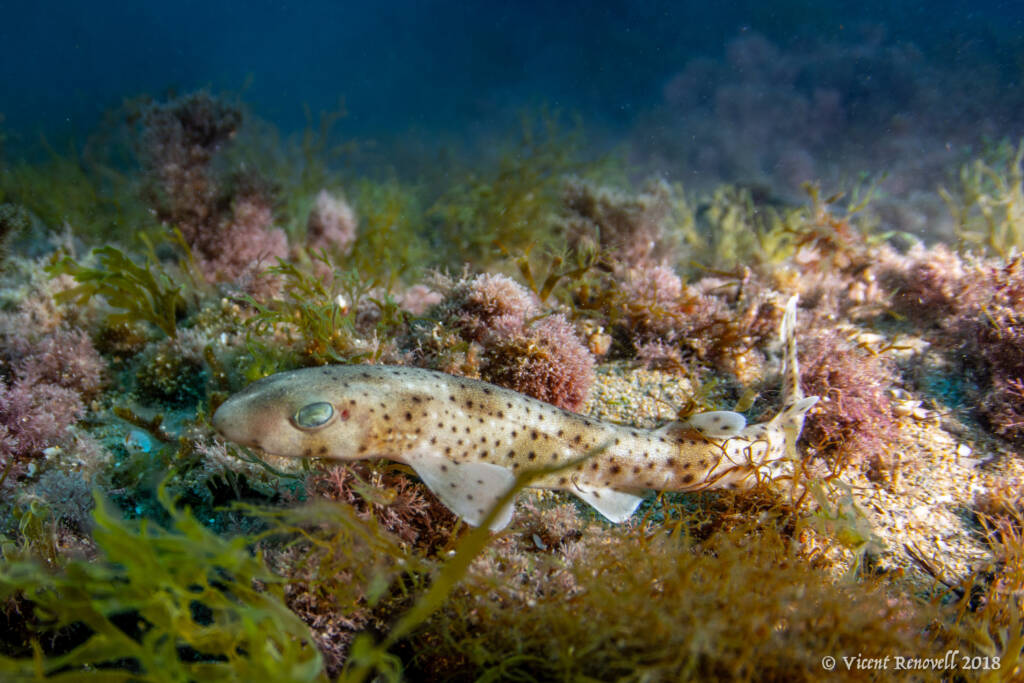
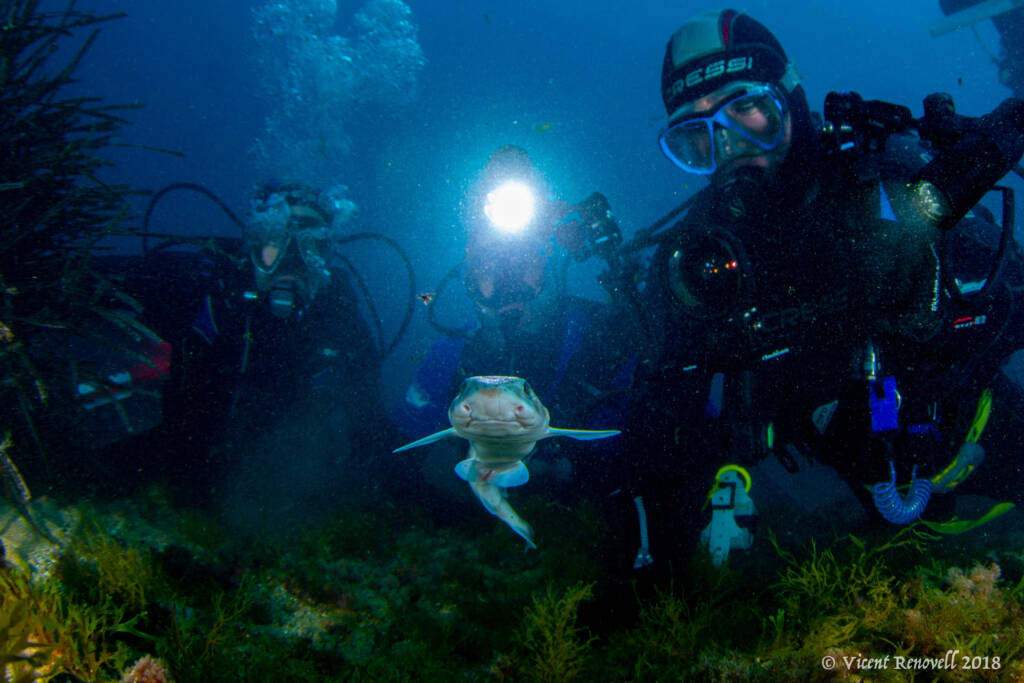
-
Recovery of seahorses
Este proyecto tiene como objetivo rescatar, rehabilitar y reintroducir los caballitos de mar heridos o que quedan atrapados en las redes de pesca.
De esta forma, y siguiendo el protocolo de actuación de la Red de Varamientos de la Comunitat Valenciana, los pescadores informan al equipo de rescate de la Fundación Oceanogràfic de la presencia de estos animales, para que así puedan rehabilitarse en las instalaciones del Oceanogràfic y reciban el tratamiento necesario hasta su recuperación.
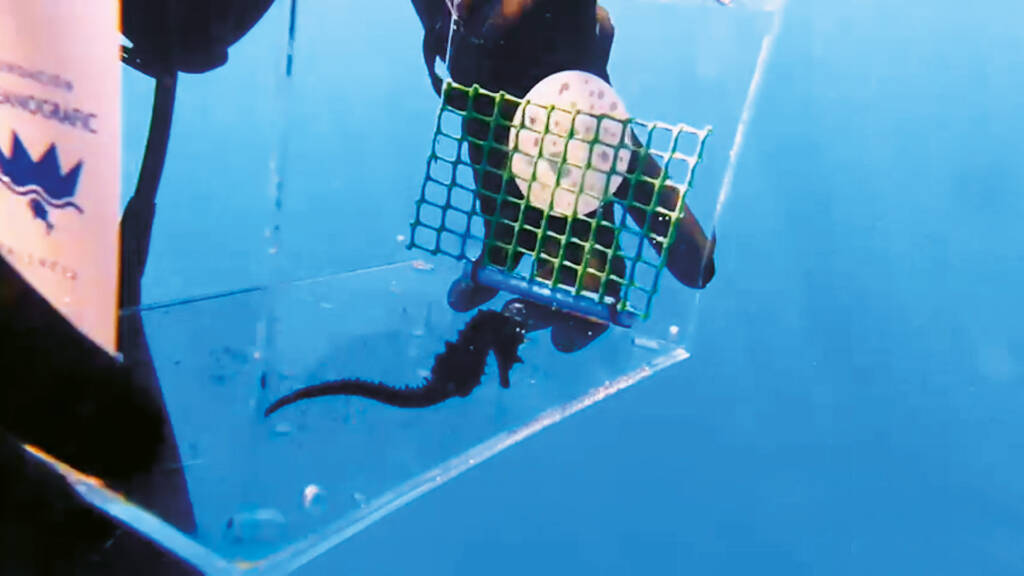
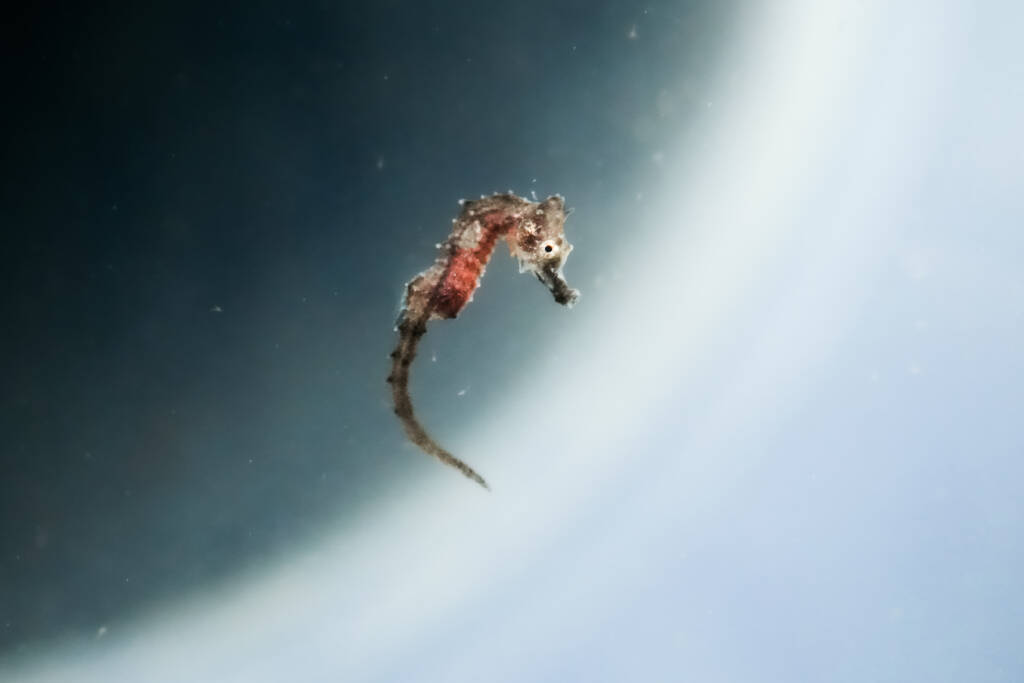
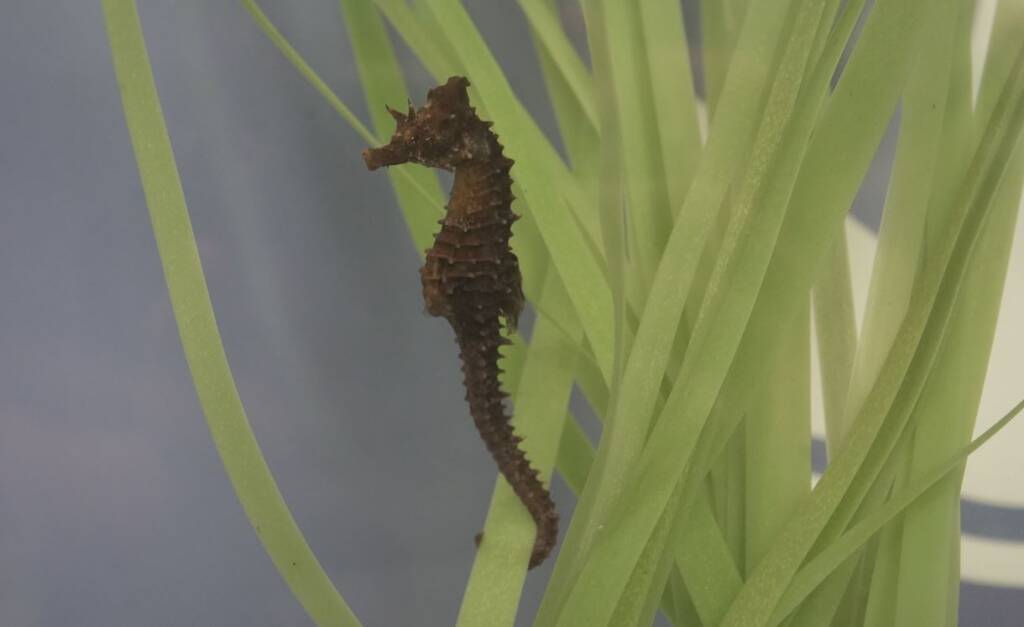
-
Recovery of corals and Mediterranean invertebrates for their conservation
Los corales son uno de los organismos marinos más afectados por la actividad humana.
Este proyecto tiene dos objetivos principales: la conservación de estas especies y el diseño de protocolos de actuación para su protección.
Una vez más, la colaboración del sector pesquero es esencial. Gracias a sus avisos a la Red de Varamientos, el personal de rescate de la Fundación Oceanogràfic puede trasladar los corales a las instalaciones del acuario y mantener las colonias en condiciones controladas durante su recuperación.
Una vez completado este proceso, los corales son devueltos, de nuevo, a su hábitat natural.
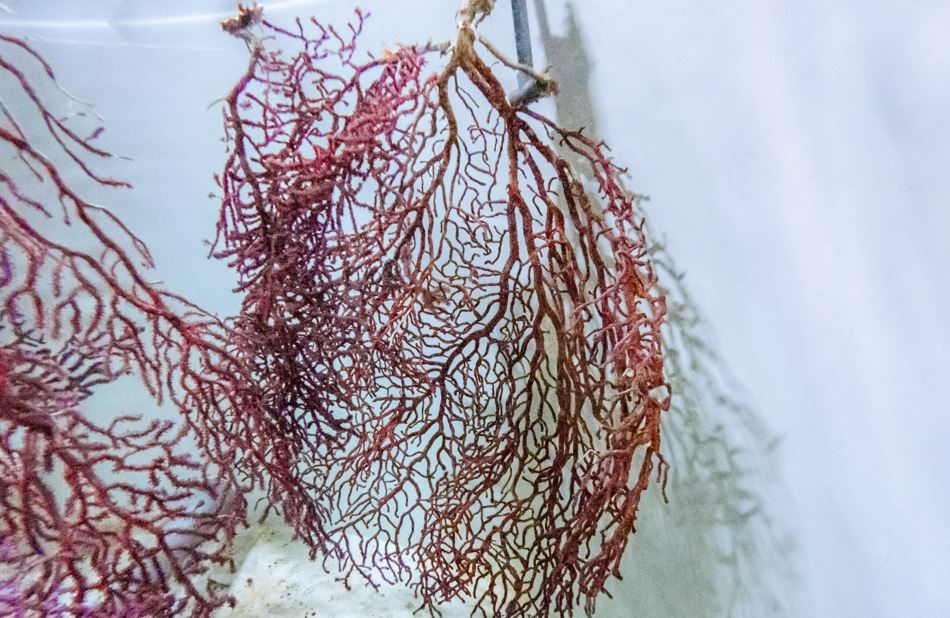
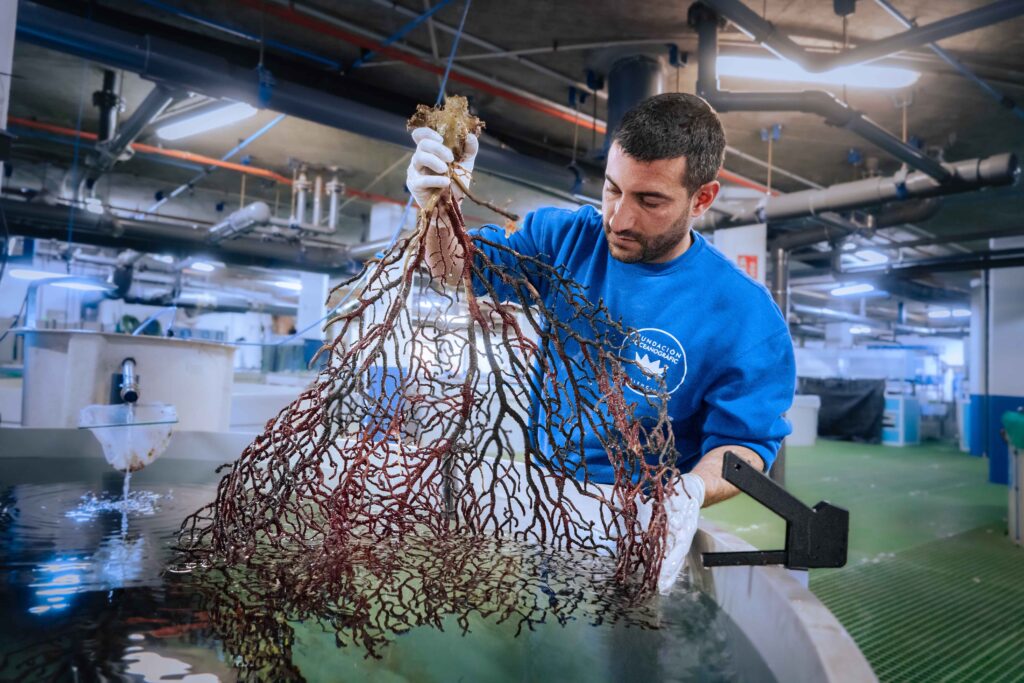
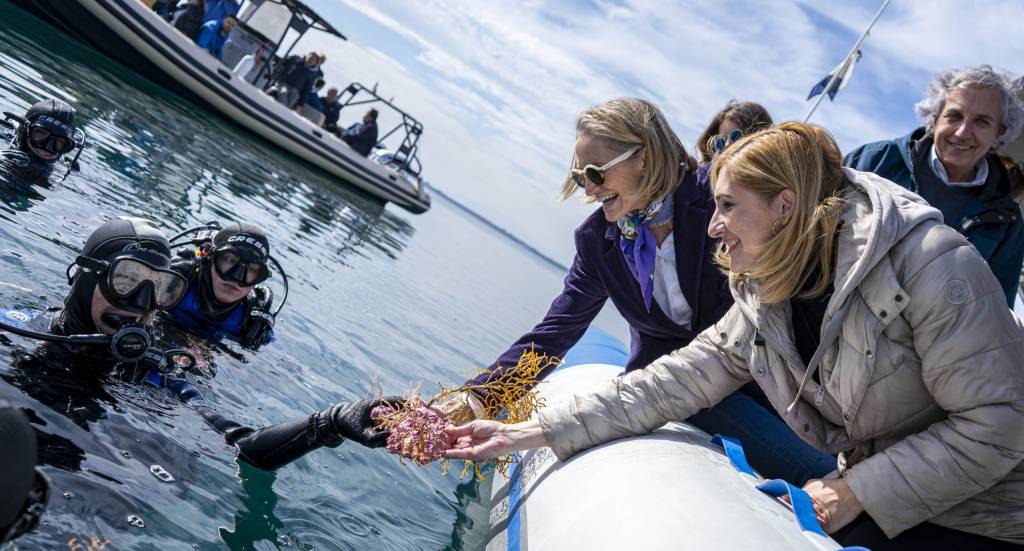
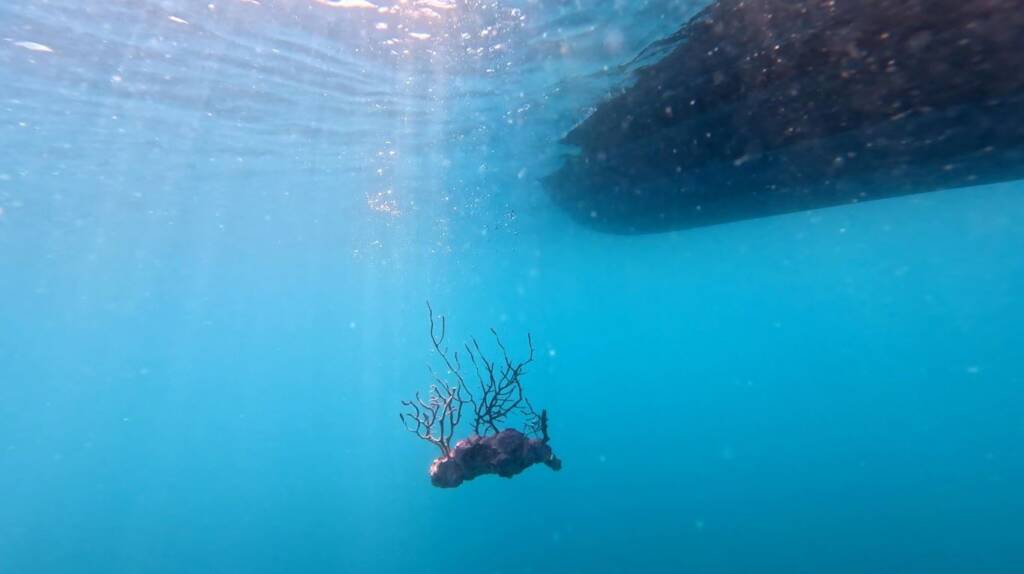
Other programs Conservation
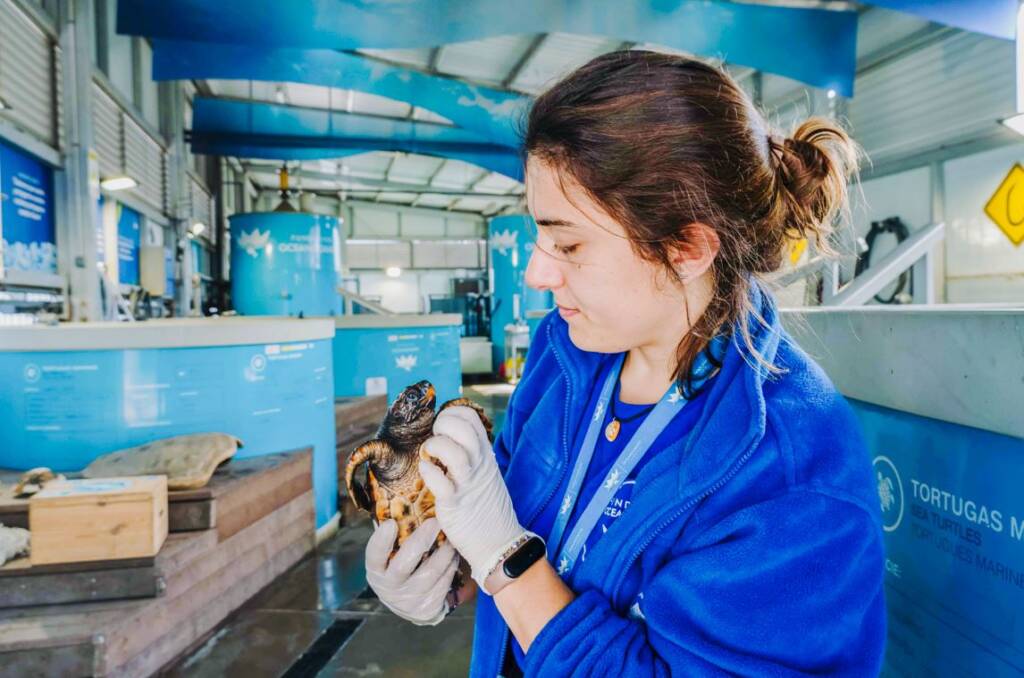
Marine Fauna Recovery Center
Marine Fauna Recovery Center
The rescue and recovery of injured animals helps the conservation and research of species This program…
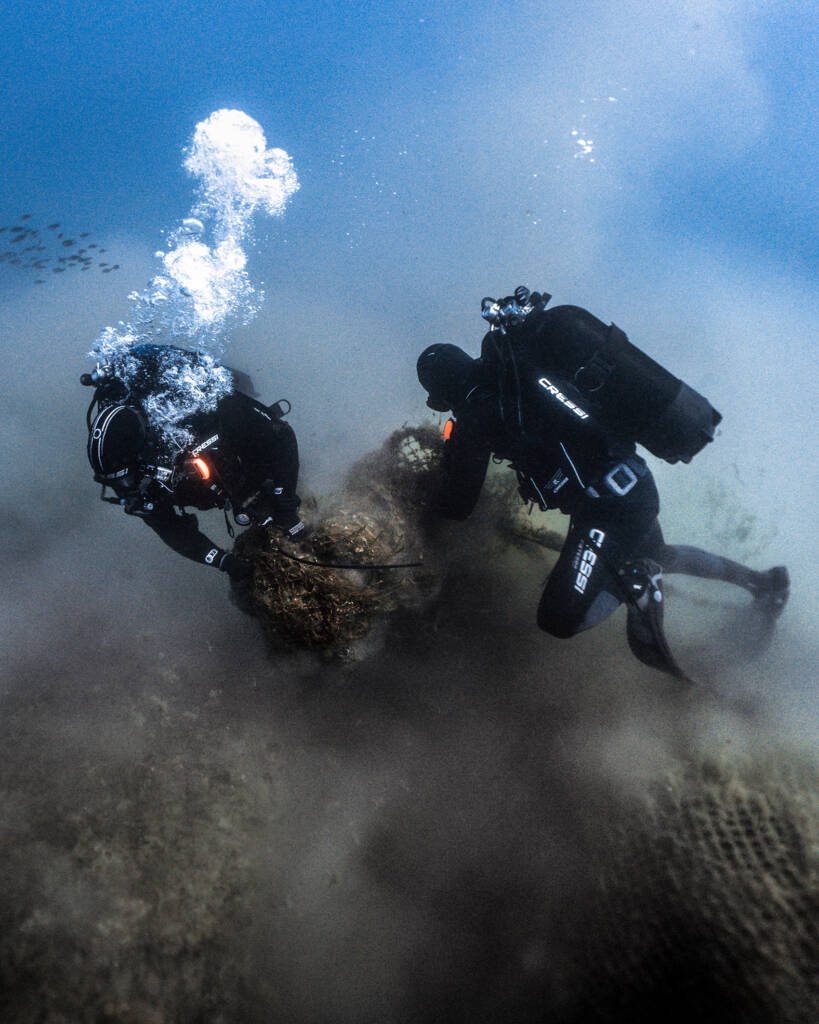
Monitoring and Tracking of Habitats
Monitoring and Tracking of Habitats
Evaluate marine ecosystems to know their conservation status and identify potential threats This program includes long-term…
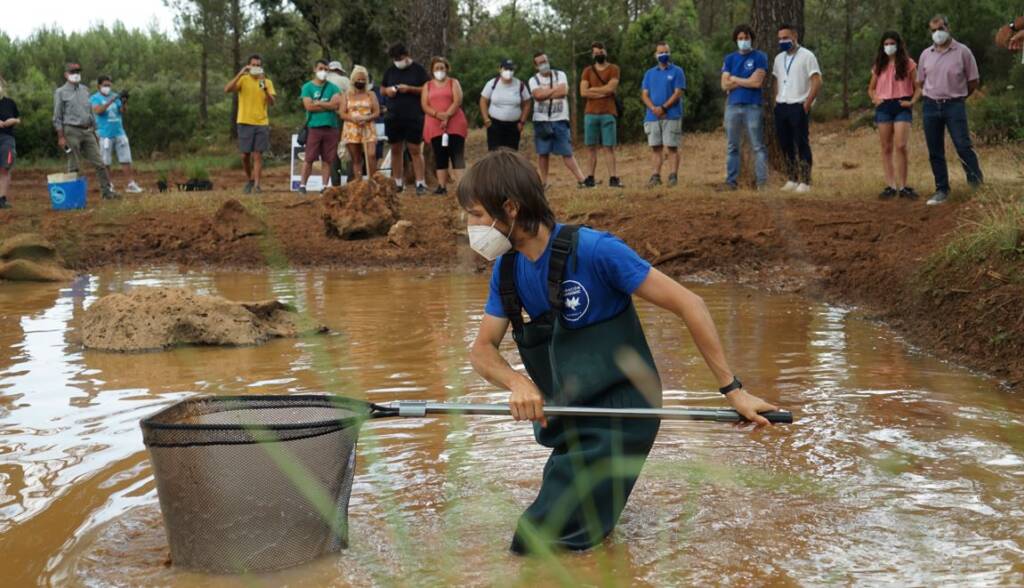
Habitat Restoration
Habitat Restoration
The restoration of affected habitats is essential to be able to reintroduce species Through various restoration…
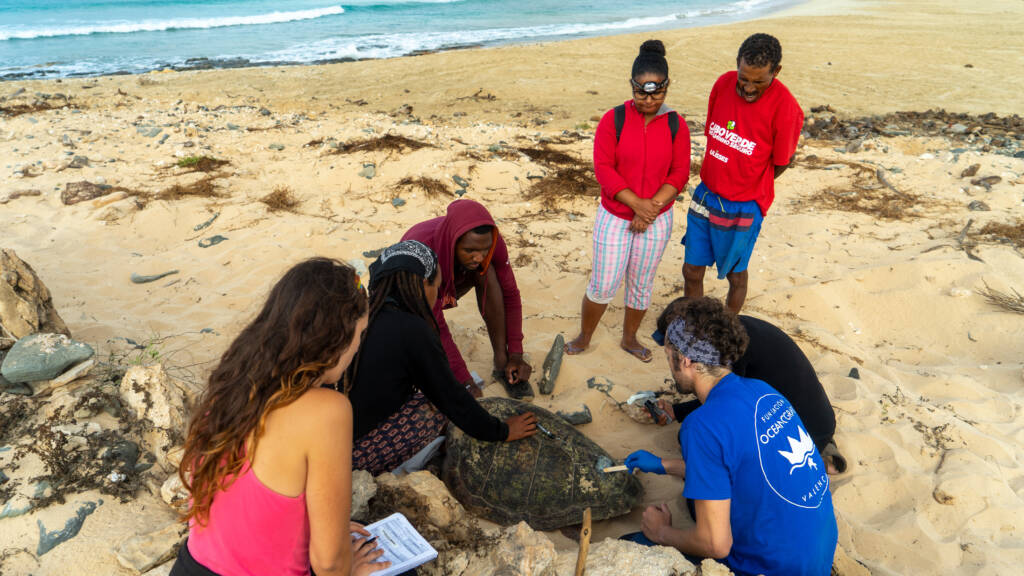
Professional Training and Knowledge Transfer
Professional Training and Knowledge Transfer
Strengthening capacities and collaborations around the world to protect marine fauna Our knowledge is shared nationally…
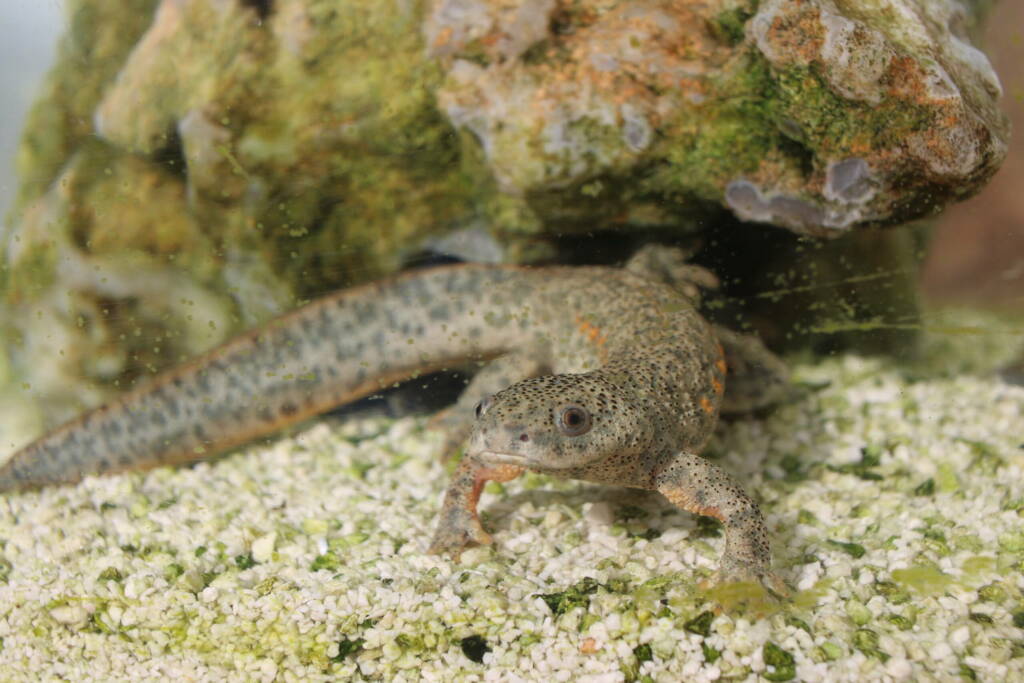
Oceanogràfic Sustainability
Oceanogràfic Sustainability
Reducing dependence on the marine environment It is common for modern aquariums to have breeding programs…

Generating a Forum for Discussion and Knowledge for Conservation
Generating a Forum for Discussion and Knowledge for Conservation
Promoting interdisciplinary discussion and exchange. The main objective is to position the Oceanogràfic as a driver…
